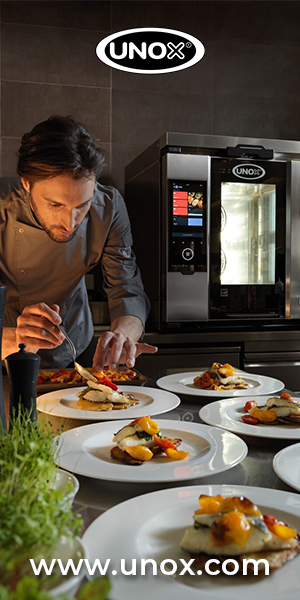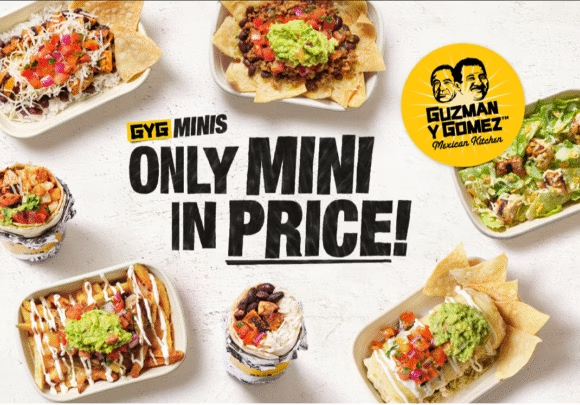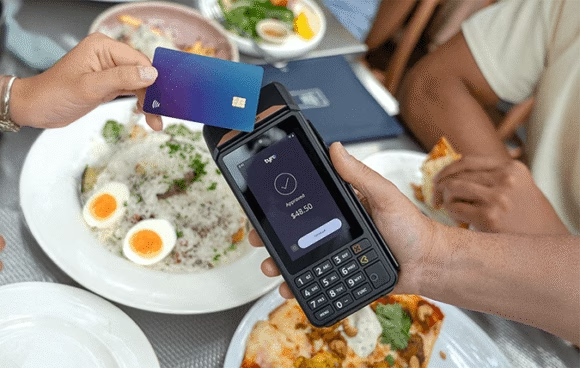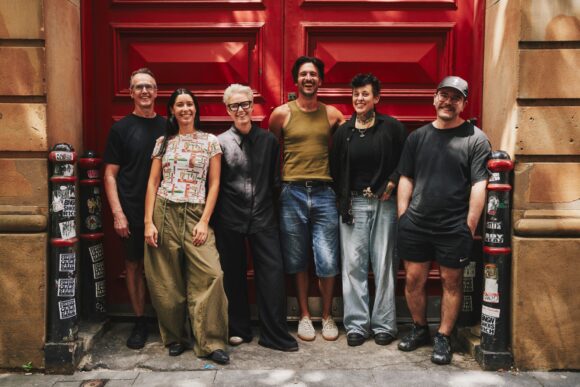Hospo is inherently about community.
From the guests who dine at venues to the suppliers who make our menus possible, from the staff that make magic happen to the other local venues that collaborate for special events; community underpins every aspect of the industry. Yet many operators overlook it, and as the economic landscape becomes increasingly competitive, the smartest venues recognise that nurturing genuine connections is critical.
For venues with aspirations to build a community, there are immediate steps and considerations to take.
First, it’s about looking inwards, understanding your identity and clearly defining what you represent. For example, are you the neighborhood gathering spot, a culinary innovator, or social enterprise?
The power of identity
Bianca Stern from All Things Equal in Melbourne’s Balaclava exemplifies the power of clear identity: by bridging employment opportunities for people with disabilities through hospitality, she not only meets community needs but also builds a loyal customer base drawn to purpose-driven dining experiences. Quality is also built into the All Things Equal DNA, so while community is front and centre, quality of product and service underpin every experience it creates for its customers.
And recent data shows this is exactly what Australian diners want: community-connected venues, casual dining formats, and service that leaves a lasting impression. More than half of Aussies (53%) prefer a neighbourhood venue or growing restaurant group over a national chain, and eight in 10 (82%) say quality of service matters deeply in their decision regarding whether they return.
Community beyond customers
One thing that is often overlooked is how community extends far beyond just customers. Consider your relationships with suppliers and fellow hospitality operators as critical elements of your community strategy. Emilio Scalzo and Zoe Rubino, who run bar and bistro Poodle, and bar and trattoria Rocco’s in Fitzroy, are big on the power of collaboration. Their monthly “patio parties” feature local chefs and DJs, bringing different community segments together and boosting their brand. Such initiatives foster local loyalty and brand advocacy.
In fact, loyalty itself is transforming. Square’s Future of Restaurants report shows that 83% of restaurant leaders find loyalty programs successful in increasing order size and repeat visits. Customers today want personalised experiences, not generic discounts. Align rewards with customers’ past purchases or offer member-exclusive events, turning casual guests into passionate advocates for your venue.
Authenticity drives community
Community building, however, requires authenticity — and bags of it.
Michael Bascetta, co-founder of PAX Hospitality, warns against trying to appeal to everyone. Venues must take risks to create unique, authentic experiences. The success of Bascetta’s former Fitzroy wine bar, Bar Liberty, for example, comes from its willingness to lean into distinctive branding, initially accidental but ultimately iconic. Customers are drawn to authenticity, and trying to please everyone can dilute your brand, making it forgettable.
Technology is also playing a crucial role. Our research found that 85% of restaurant leaders plan to invest in technology over the next year to improve operations and customer experience. Rather than seeing technology as a threat to hospitality’s human touch, leading venues are integrating it to free up staff to enhance personal interactions with guests. Automated ordering systems or intelligent staff scheduling tools are helping reduce operational friction, allowing their team to focus more on creating memorable customer experiences.
Storytelling creates moments of magic
Lastly, hospitality businesses should openly communicate their stories and their impact on the community. All Things Equal’s recent hospitality blueprint demonstrates this perfectly, dismantling misconceptions about employing people with disabilities. Transparent storytelling helps build emotional connections that translate into loyalty and long-term community support.
The economic environment remains challenging, but by intentionally cultivating community, with customers, other businesses, and suppliers, your venue can build resilience and grow sustainably.
As we’ve seen from successful operators like Poodle, Rocco’s, and All Things Equal, the future belongs to hospitality operators who understand that authentic community engagement is the best strategy for long-term success.







